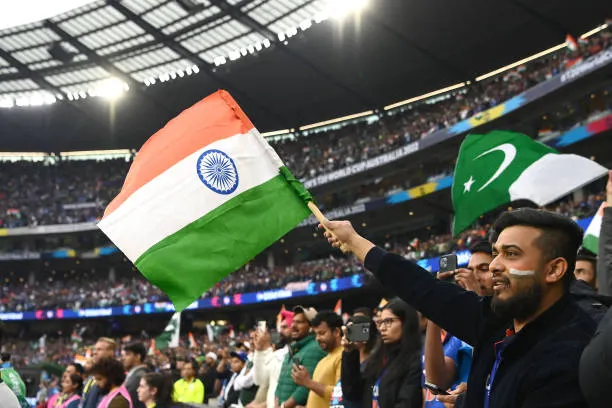
Public anger over the upcoming India vs Pakistan Asia Cup match is intensifying, with calls for cancellation becoming louder each day. The outrage stems largely from the recent Pahalgam terror attack, which left 26 civilians dead. Sanjay Dwivedi, father of one of the victims, has publicly demanded that the match be scrapped, arguing that sporting ties with Pakistan at this point insult the memory of the victims. His emotional plea has struck a chord with many, fueling a nationwide debate about whether the match should go ahead at all.
Dwivedi reminded the government of its own tough rhetoric in the aftermath of the attack, when leaders had declared that “blood and water cannot flow together.” He insists that this principle should extend to cricket as well, saying that a high-profile sporting event like the Asia Cup cannot take place while emotions are still raw. His statements have been echoed by several citizen groups who believe that playing Pakistan at this time sends a mixed signal to the public and the armed forces.
Adding to the momentum, symbolic protests have appeared online. IPL franchise Punjab Kings notably left out Pakistan’s name from their match announcement graphics, a move widely interpreted as a subtle form of protest. Social media campaigns urging the Board of Control for Cricket in India (BCCI) to withdraw from the fixture have trended repeatedly in the past 24 hours. Political voices have also entered the fray, with some leaders arguing that sports cannot be separated from national sentiment when lives have been lost so recently.
A Public Interest Litigation (PIL) seeking to cancel the match was filed in the Supreme Court, claiming that the game undermines national dignity. However, the Supreme Court refused to grant an urgent hearing, effectively clearing the way for the match to proceed as scheduled. The court noted that the matter lacked immediate grounds for intervention and left the decision to the BCCI and government authorities.
Tournament organizers have emphasized that the Asia Cup is a multinational event, not a bilateral series, and that cancelling a single fixture would disrupt the schedule and potentially create legal complications. Their position is that sport must continue even in tense times, with cricket serving as a space where competition can proceed in a controlled environment rather than becoming a proxy for conflict.
Despite that stance, public sentiment remains deeply divided. For some, going ahead with the game symbolizes resilience and a refusal to be cowed by terrorism. For others, it feels like business as usual at a time when mourning and solidarity should take precedence. The intensity of the debate ensures that when India and Pakistan take the field, the match will carry emotional weight far beyond runs and wickets.
As September 14 draws closer, pressure on decision-makers is mounting. Whether the fixture proceeds without disruption or faces protests on the day, one thing is clear: this match has become more than just a game—it is now a flashpoint in the ongoing conversation about how India should engage with its neighbor in times of tension.
12BET Shortlisted for Sportsbook Operator of the Year at SBC Awards 2025

